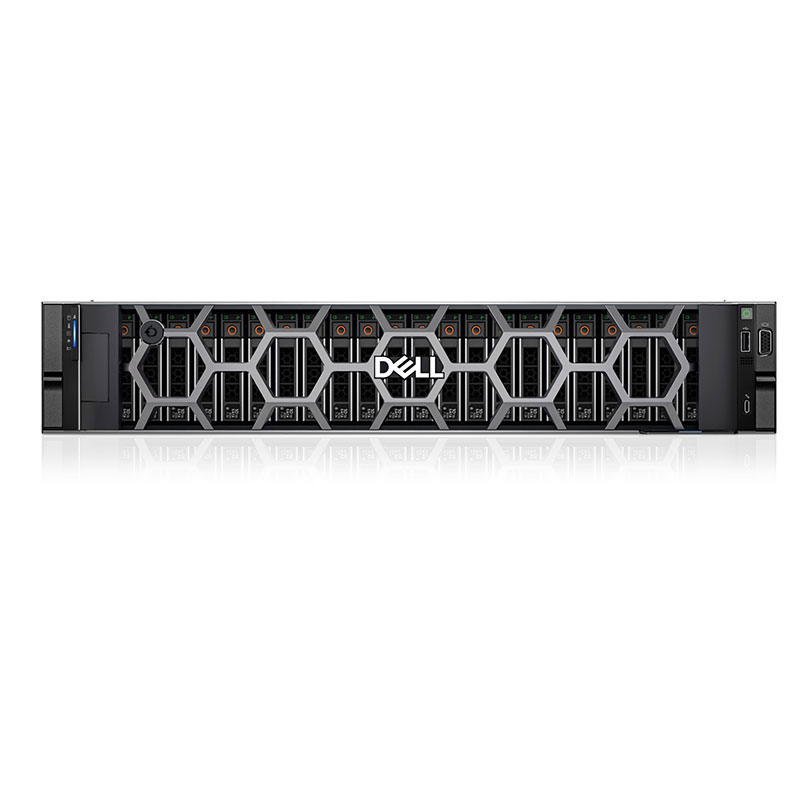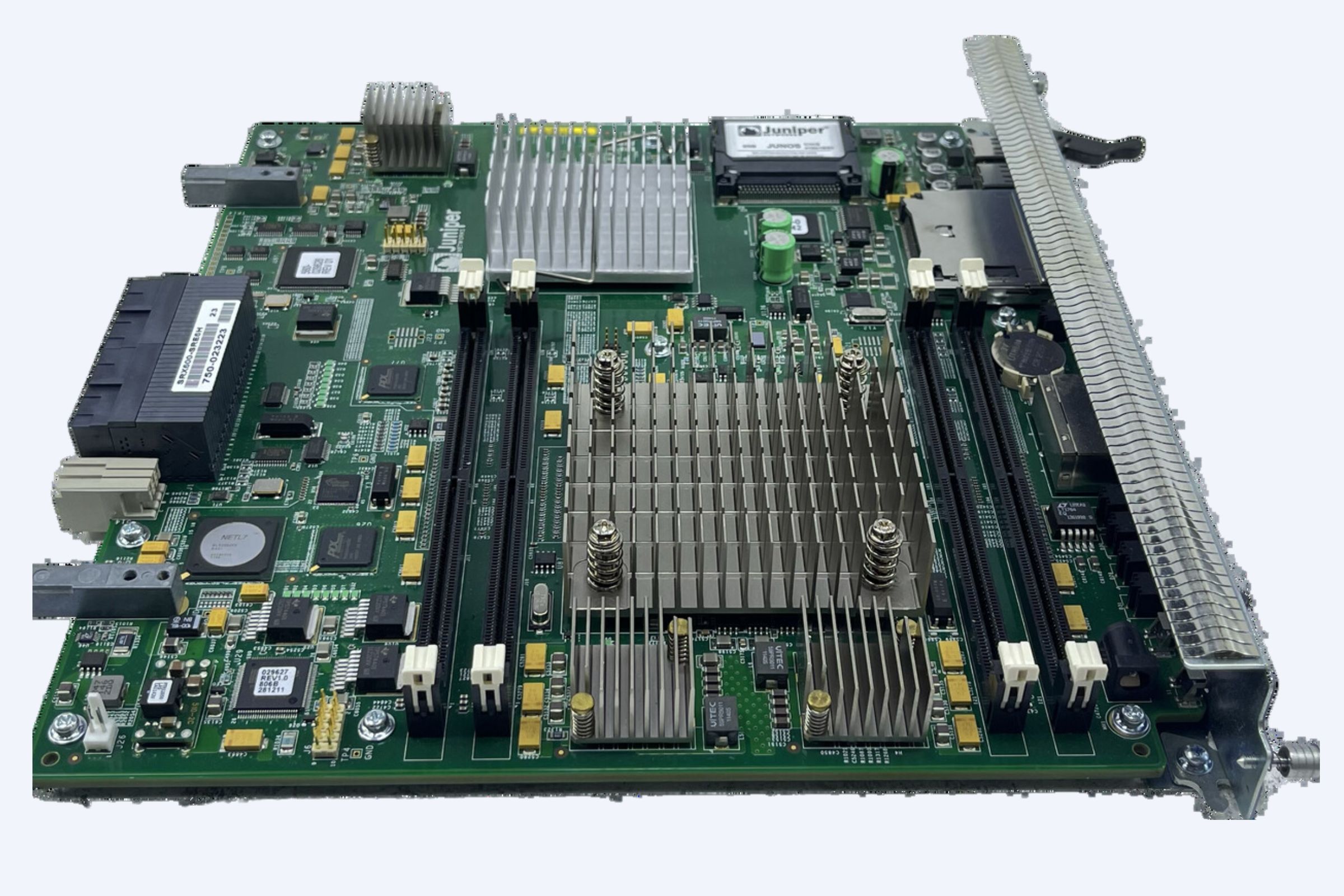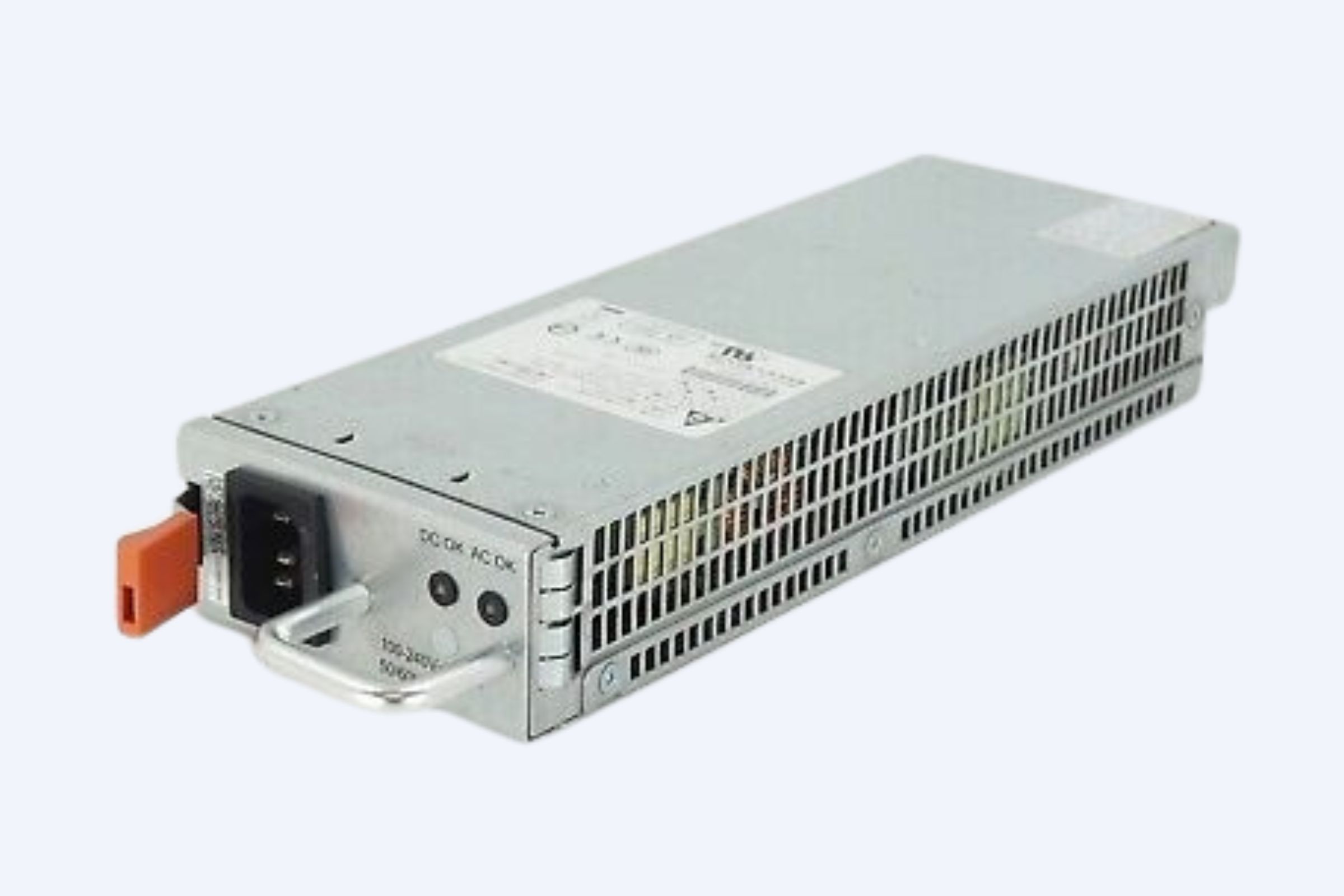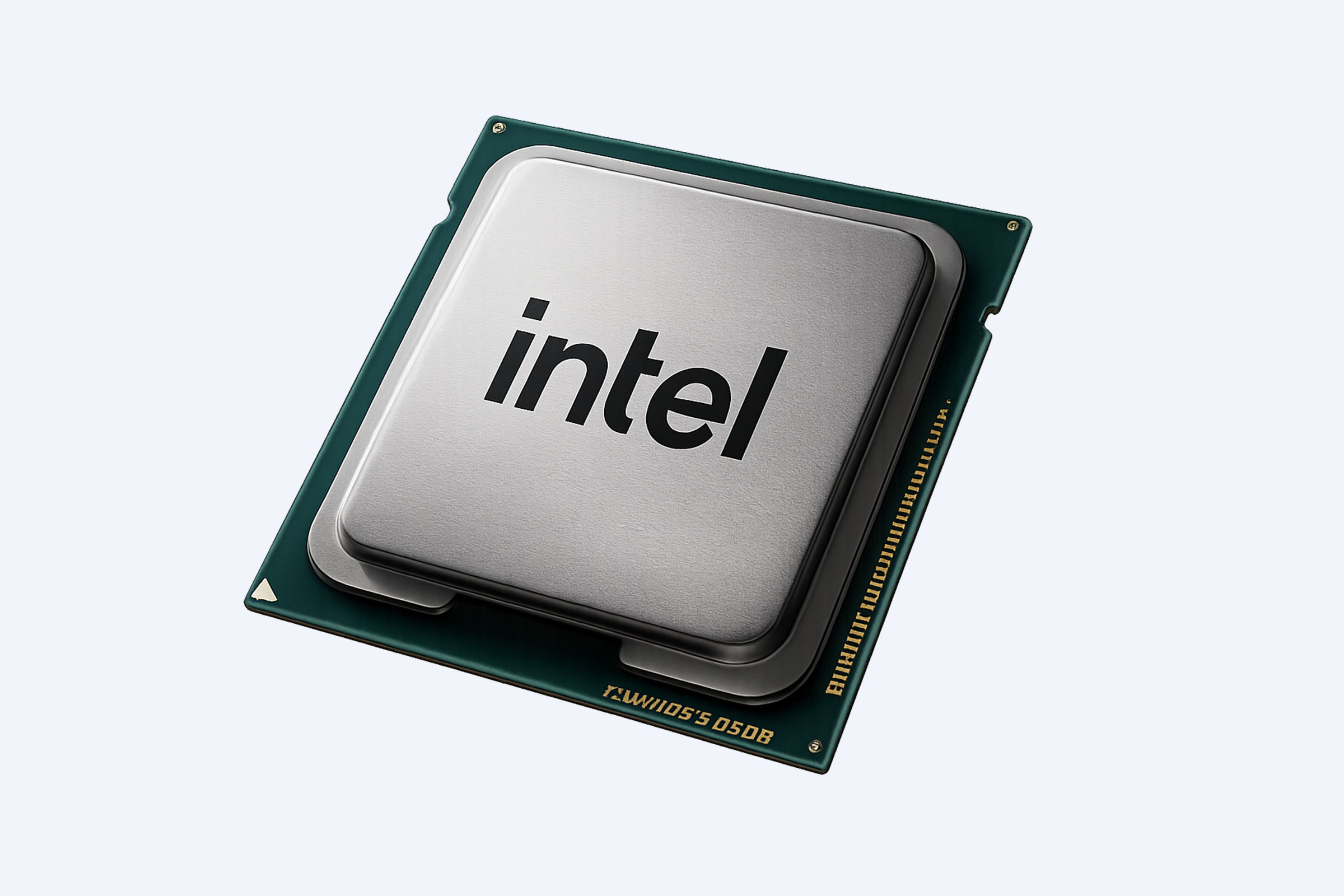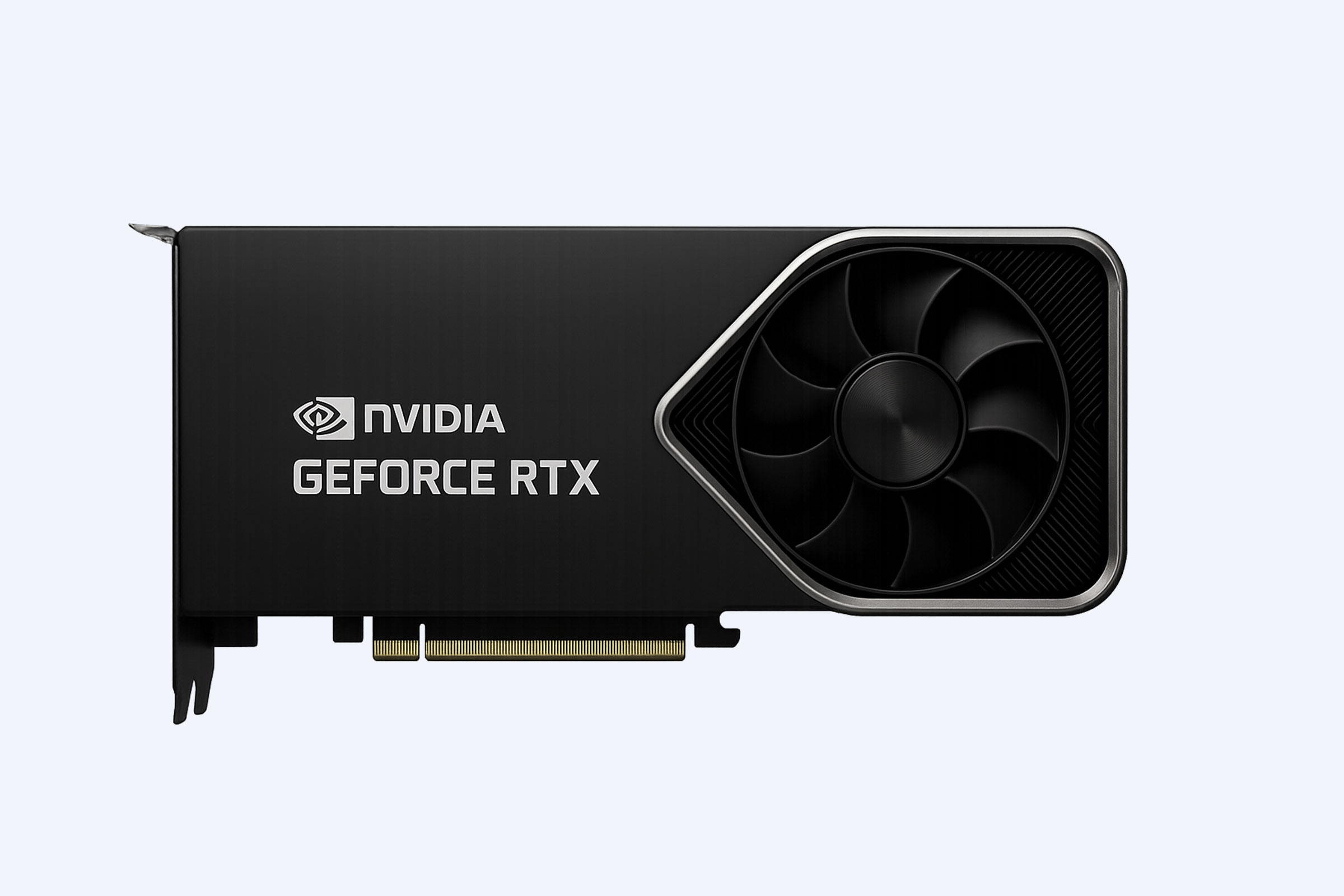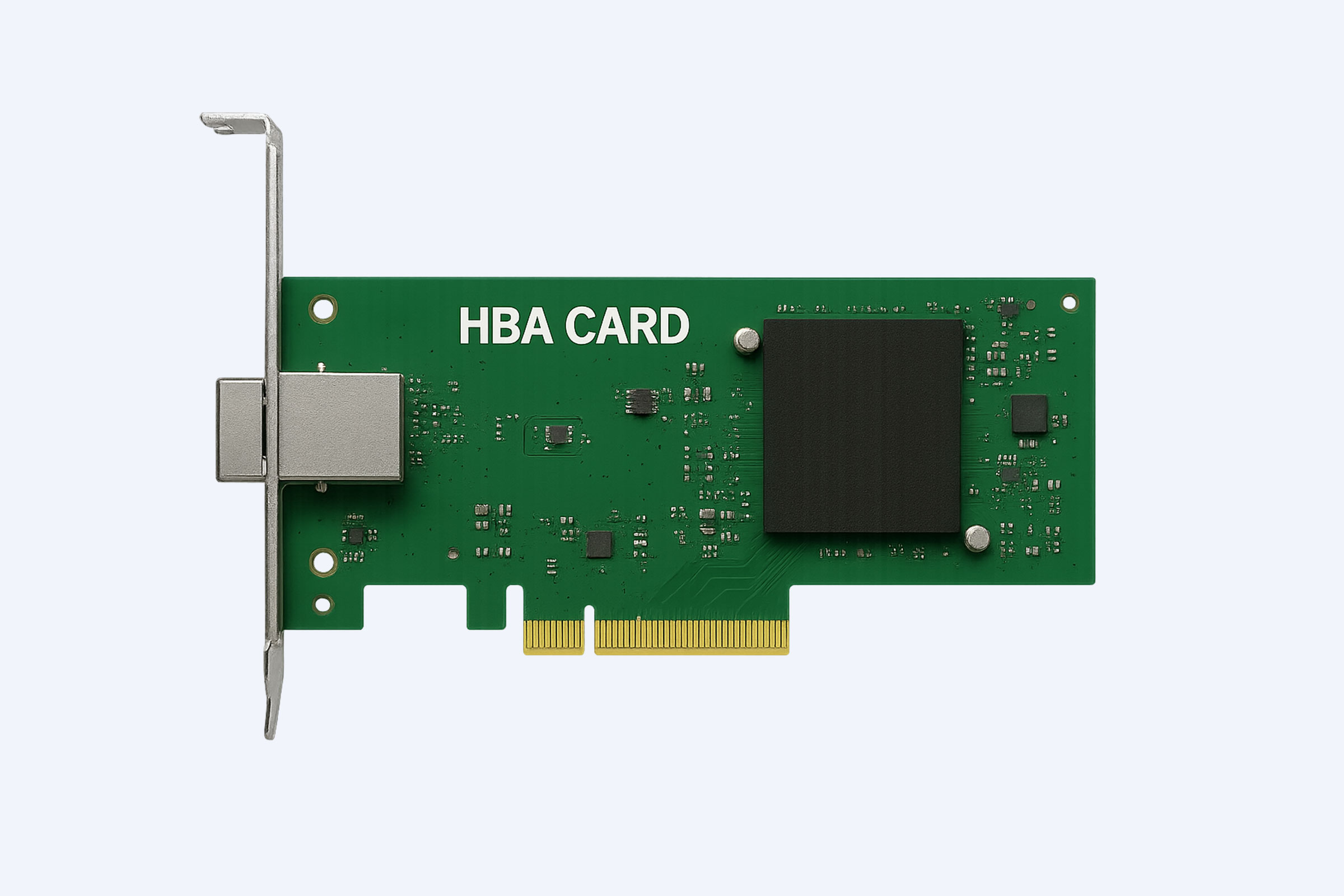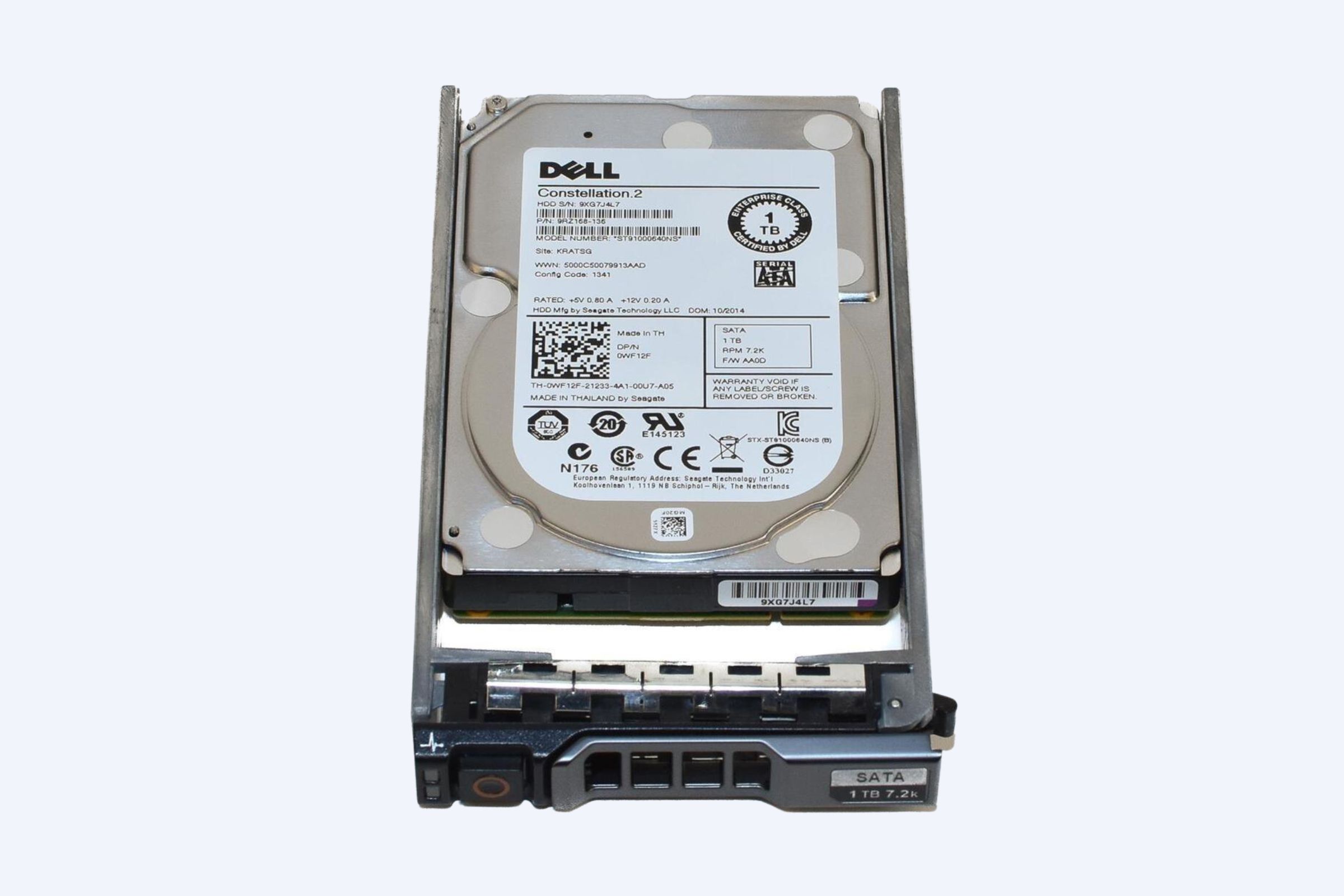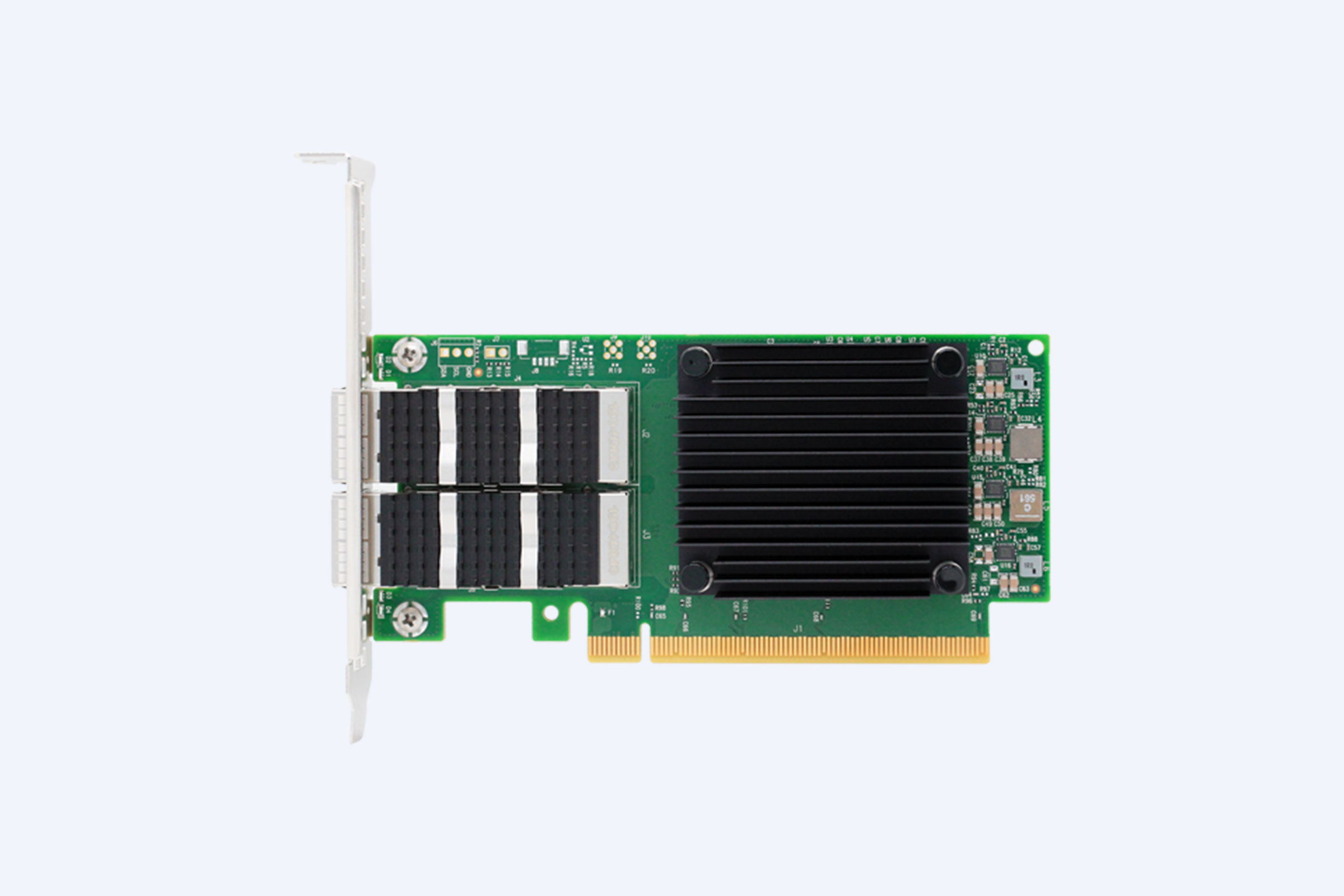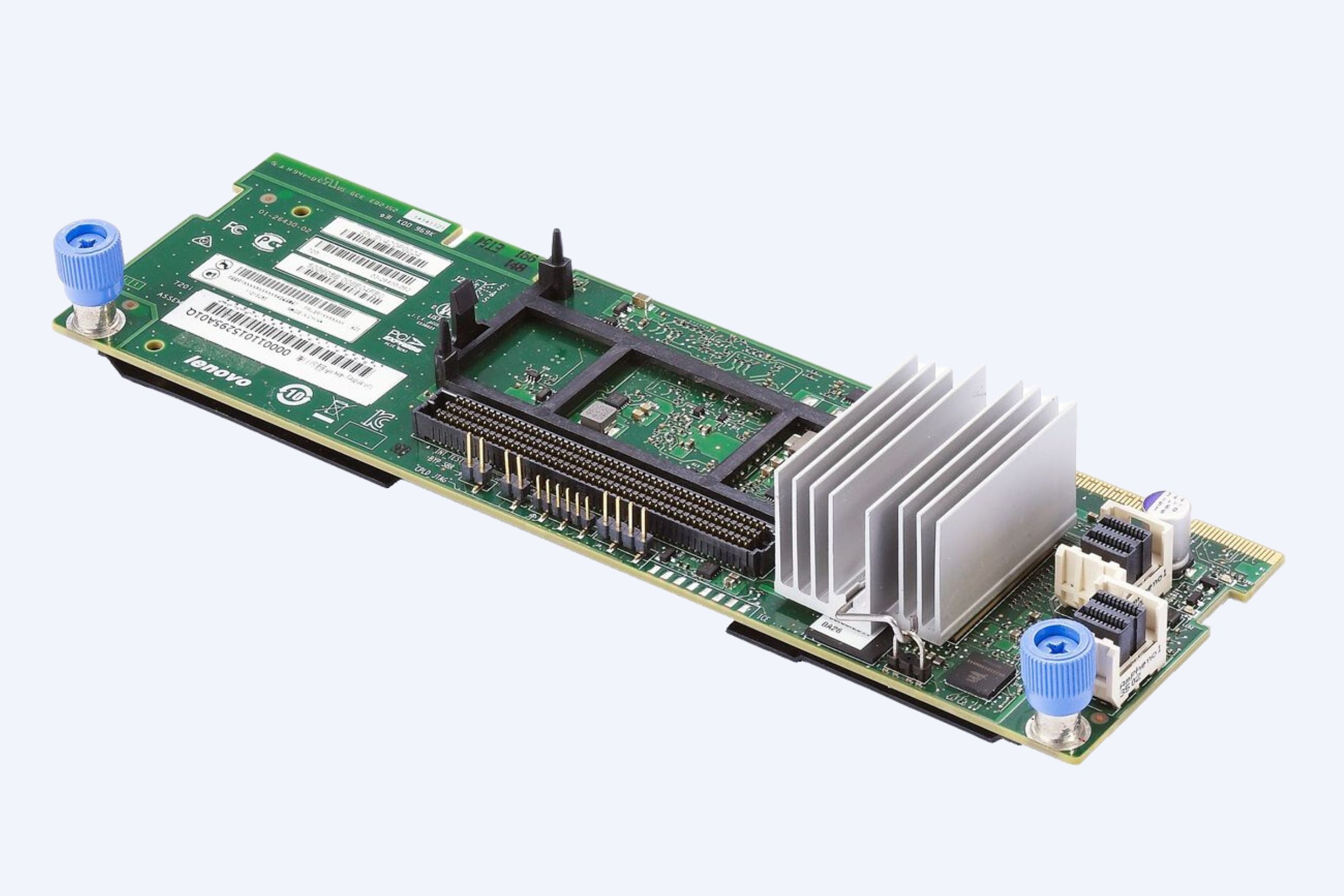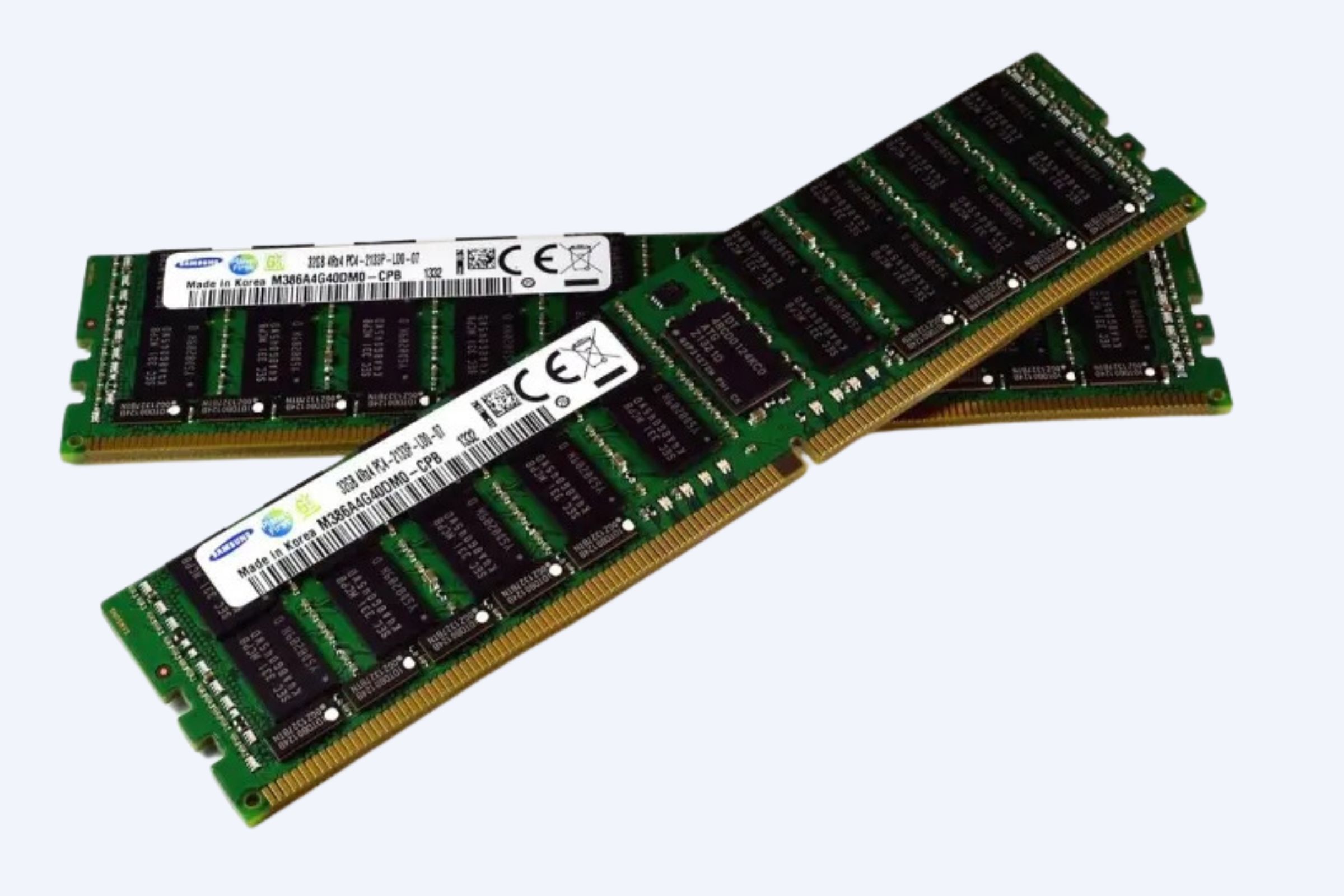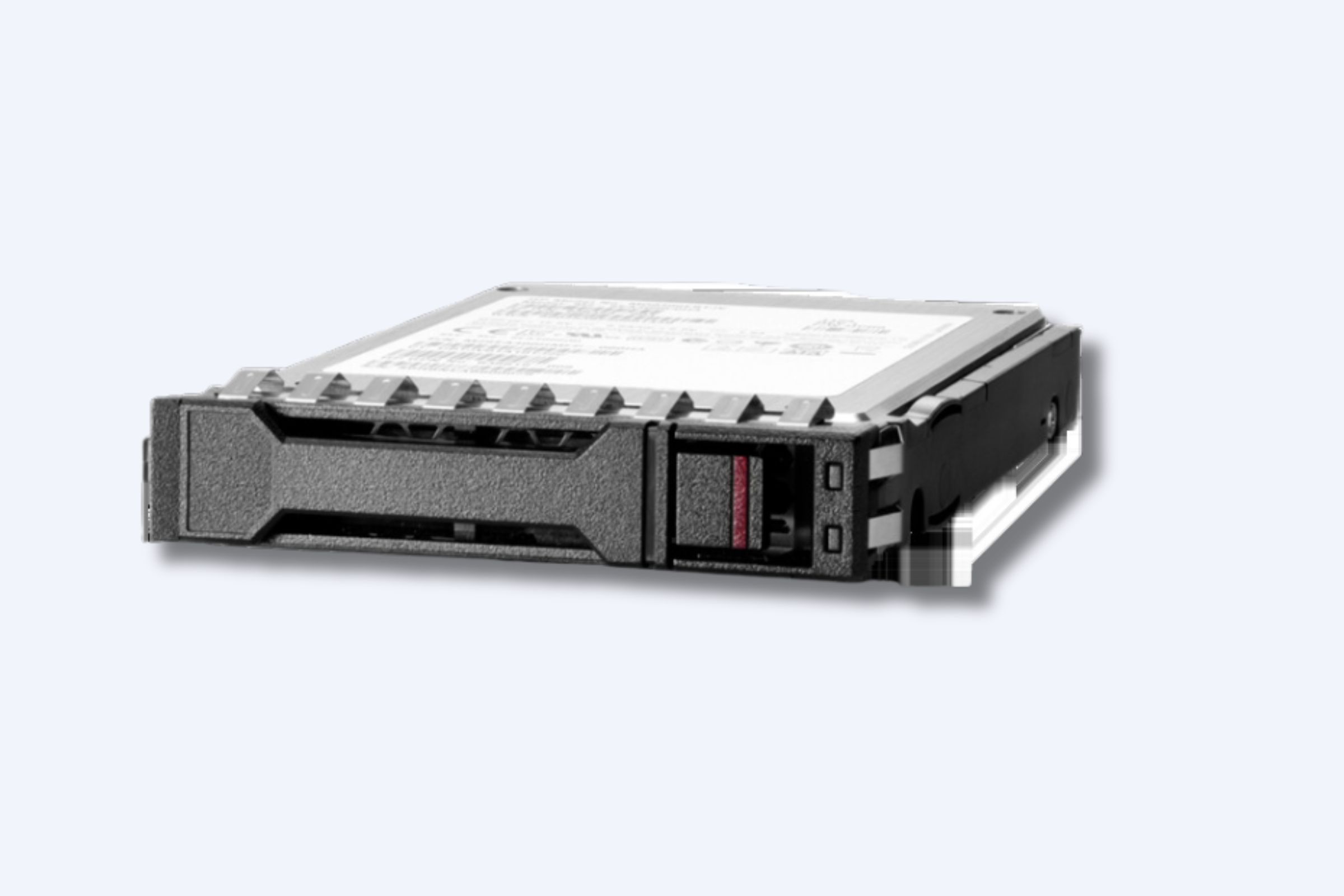Server hardware is the backbone of modern IT infrastructure, enabling high performance, reliability, and scalability for enterprises. By selecting and optimizing key components, businesses can maximize server uptime, enhance security, and ensure seamless management for mission-critical applications. Wecent recommends tailored server hardware to meet evolving business demands and drive sustainable growth.
How is a server constructed at the hardware level?
A server combines specialized components—including processor, memory, storage, motherboard, power supply, network cards, and cooling systems—designed to work together under heavy workloads. Each element plays a specific role in performance, stability, and security.
Multi-core processors, ECC RAM, SSD and HDD drives in RAID arrays, redundant power supplies, and enterprise-grade NICs are standard in quality server builds. Wecent’s solutions always ensure strict compliance with international certifications and standards.
What is the role of the processor in server hardware?
The processor (CPU) is the brain of the server, executing applications, handling virtualization, and supporting data analytics. Modern designs like Intel Xeon and AMD EPYC offer many cores, hardware virtualization, and strong energy efficiency.
Choosing the right processor with expert help from Wecent enables optimal workload management and future scalability for enterprise growth.
Which RAM types and capacities are ideal for servers?
Servers use ECC (Error-Correcting Code) RAM, which detects and fixes memory errors, boosting reliability for critical workloads. Large RAM capacities are vital for databases, virtualization, and machine learning tasks.
Wecent recommends assessing RAM needs based on workload intensity and future business expansion to ensure lasting stability.
What are the main storage solutions for server hardware?
Enterprise servers feature SSD, HDD, NVMe, and RAID arrays to balance speed, capacity, and redundancy. SSDs offer low latency and high throughput, HDDs provide economical bulk storage, and RAID arrays enable data protection and faster access.
With Wecent’s expertise, businesses get storage solutions matched to their security and performance requirements.
Storage Type Comparison Table
| Type | Speed | Capacity | Cost | Typical Use |
|---|---|---|---|---|
| SSD | High | Medium | High | Databases, VM |
| HDD | Medium | High | Low | Archives, Backups |
| NVMe | Very High | Medium | High | Analytics, AI |
| RAID | Variable | Variable | Medium | Redundancy, Uptime |
How does the motherboard and power supply affect server reliability?
The motherboard orchestrates all hardware connections, controls scalability and remote management capability. Redundant, enterprise-grade power supplies protect against outages and enable continuous operation, even when components fail.
Wecent’s server hardware features certified motherboards and power units to ensure rock-solid uptime for clients.
Why is advanced networking crucial in server hardware?
High-speed network cards (10GbE, 25GbE or higher) facilitate fast data flow, redundancy, and maintain uninterrupted communications. Technologies like link aggregation and dual NICs minimize downtime and support secure remote management.
Wecent emphasizes reliable networking in every project to optimize connectivity and business continuity.
What cooling systems are essential for modern servers?
Intelligent cooling—advanced fans, thermal sinks, and even liquid cooling—protects hardware from overheating, prolongs server life, and boosts energy efficiency. Cooling choice depends on installed hardware and operational density.
Wecent selects and installs the best-fit cooling systems for energy savings and peak performance in all settings.
Which server form factors support different business needs?
Tower, rack, and blade servers fit various spaces and workloads. Tower servers suit small offices, racks enable high-density data centers, and blades offer maximum computing power per square foot.
Wecent guides clients in selecting the ideal form factor for space, expansion, and operational needs.
Server Form Factors Table
| Type | Size | Scalability | Primary Use |
|---|---|---|---|
| Tower | Large | Low | SMB, Branch Offices |
| Rack | Modular | High | Data Centers |
| Blade | Ultra-compact | Max | Large Enterprises |
When is it time to upgrade server hardware?
Servers should be upgraded when demand outpaces capacity, or new technologies improve security and performance. Innovations include NVMe drives, persistent memory, and higher core count CPUs.
Wecent offers regular hardware audits and recommendations so businesses always stay ahead.
What is the value of redundancy and security in server hardware?
Dual power supplies, RAID storage, and TPM chips enhance uptime and safeguard against hardware failures or cyber threats. Hardware-level encryption and redundancy provide robust data protection for all workloads.
Wecent prioritizes security and redundancy, giving clients resilient infrastructure for peace of mind.
Is server hardware customization possible for specific business needs?
Absolutely. Customization lets businesses align processors, memory, storage and networking with user counts, application types, and projected growth.
Wecent specializes in building tailored hardware solutions for every enterprise challenge and opportunity.
Which hardware factors distinguish solutions for SMBs vs. large enterprises?
SMBs focus on cost-effectiveness, reliability, and ease of management, needing fewer cores and simpler RAID. Large enterprises need advanced scalability, high-density RAM, multiple CPUs, and cutting-edge redundancy features.
Wecent supports both segments—offering individualized advice and scalable, compliant solutions.
Wecent Expert Views
“Enterprise server hardware must match the strategic vision and operational goals of each business. Wecent combines performance, resilience, and growth capacity in all deployments. Understanding workload trends and future needs is vital for robust infrastructure and innovation. We offer certified technology and ongoing support for lasting results.” — Wecent Technical Team
How do business applications influence server hardware choice?
File servers need secure, redundant storage. Application servers benefit from powerful CPUs and low-latency RAM. Database servers require high I/O throughput, and virtualization platforms need ample cores and memory.
Wecent helps map software demands to hardware features, maximizing ROI for every use case.
What trends are shaping the future of server hardware?
AI-centric processors, persistent memory, NVMe for analytics, smarter cooling systems, automated remote management, and green energy solutions are the vanguard of innovation.
Wecent constantly updates its catalogue to offer the next generation of efficient, high-performing server hardware.
Can server hardware support sustainability goals?
Yes. Energy-efficient power supplies, low-power CPUs, and smart cooling drive lower electricity usage and carbon footprint. Lead-free, RoHS-certified components further reduce environmental impact.
Wecent integrates sustainable hardware and practices to support business responsibility and long-term savings.
What actions ensure optimal server hardware performance and longevity?
Regular component inspections, firmware updates, predictive maintenance, and redundancy checks keep servers running reliably and at peak capacity.
Wecent offers proactive monitoring, preventive care, and rapid support for exceptional performance across every deployment.
Conclusion and Actionable Advice
Server hardware is a core element of enterprise IT strategy. Understanding each component and aligning them with business goals delivers higher performance, security, and scalability. Choose certified, customized infrastructure like Wecent’s for lasting value, adaptability, and competitive success.
FAQs
What sets server hardware apart from regular computers?
Server hardware uses enterprise-grade components, advanced management features, and is optimized for 24/7 reliability.
How much RAM is ideal for my server?
RAM requirements depend on the workload: databases and virtualization need more; file servers and simple apps use less.
Why are SSDs important in servers?
SSDs dramatically enhance read/write speeds and lower latency—key for database and virtualization tasks.
How does redundancy improve server reliability?
Redundant power, RAID storage, and failover networking prevent downtime and data loss from hardware failures.
Does Wecent provide personalized hardware consulting?
Yes. Wecent delivers audits, recommendations, implementation, and upgrades tailored to each client’s IT needs.



